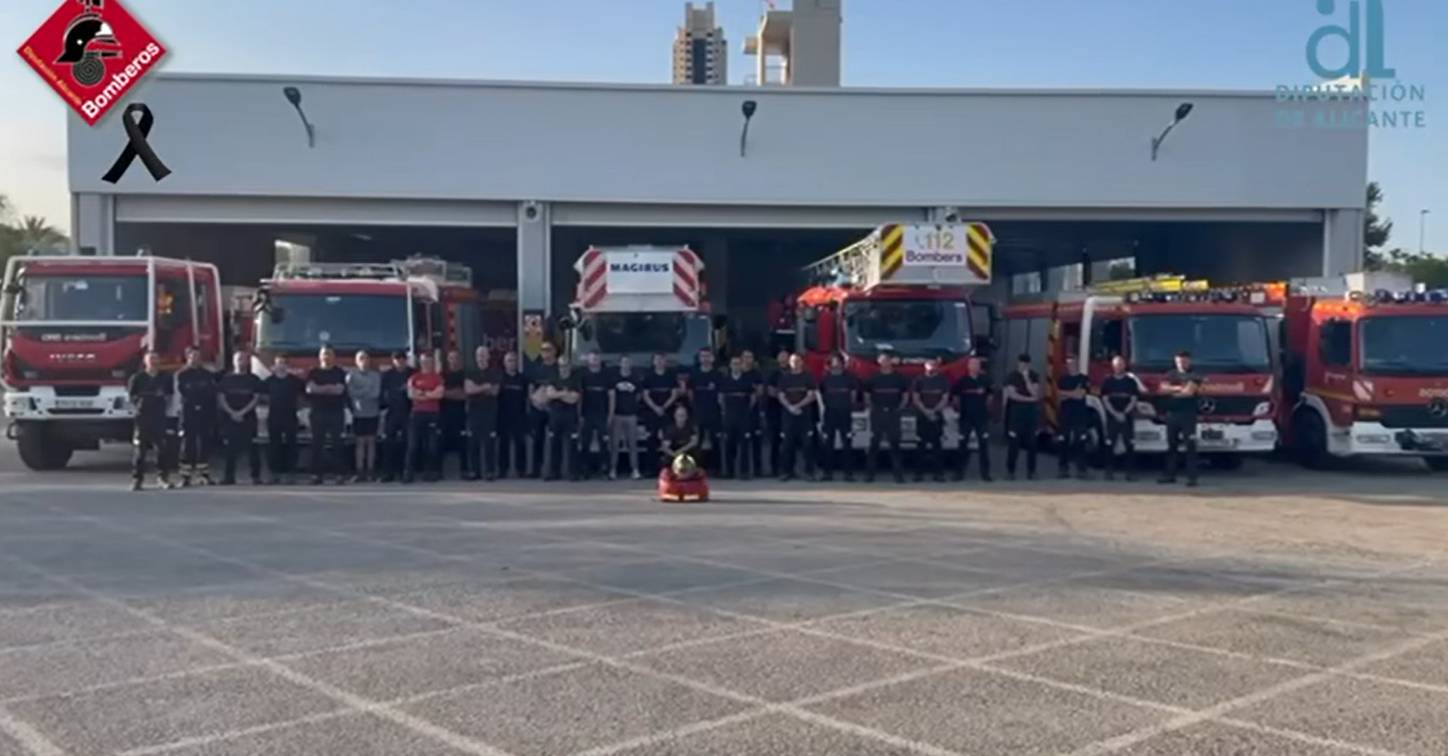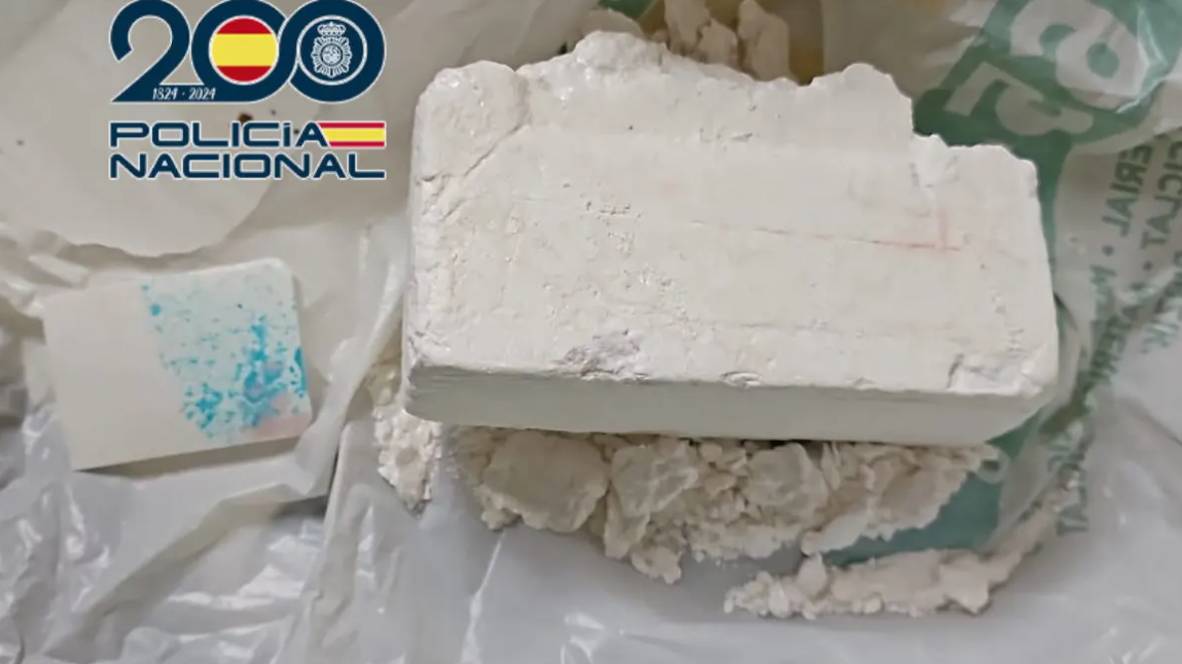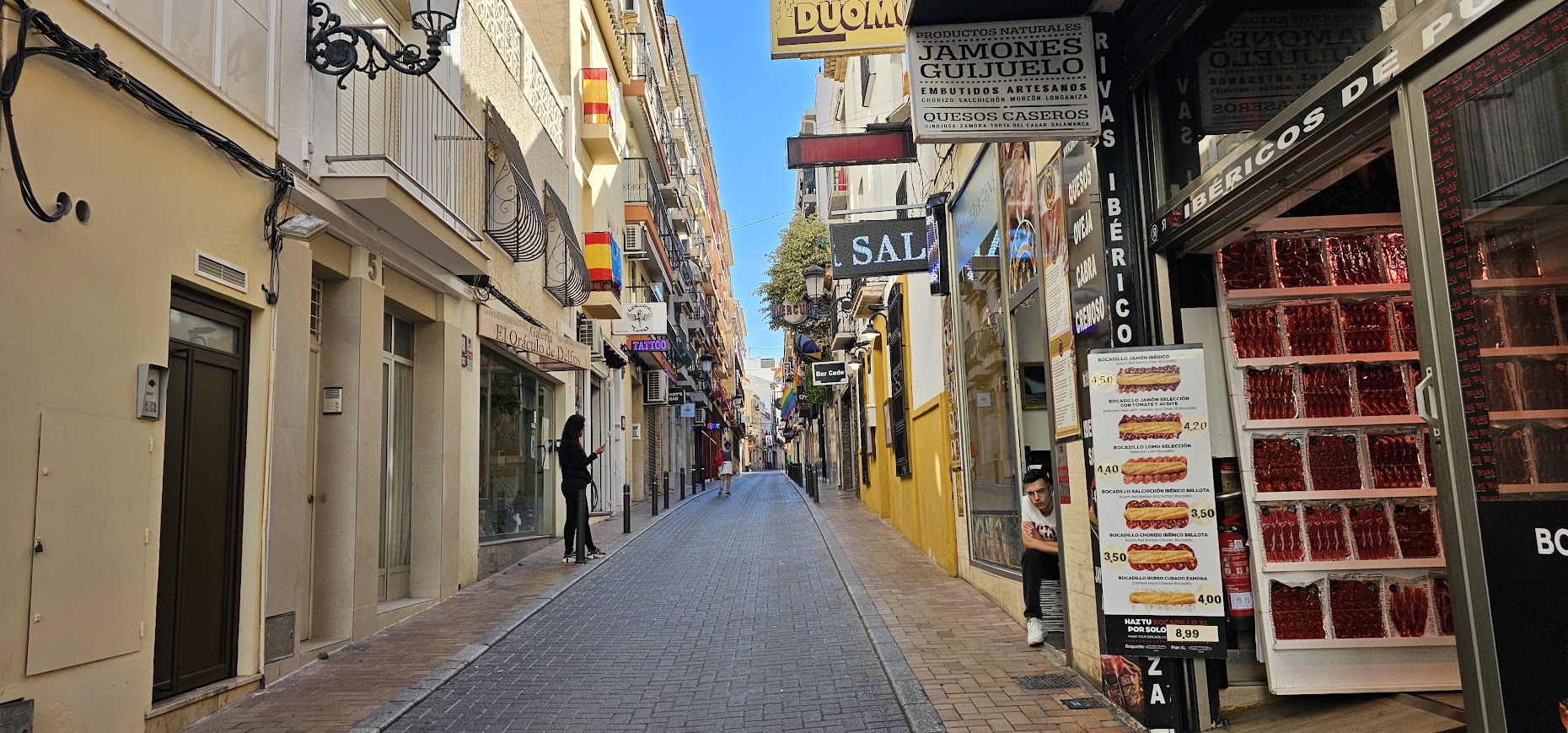Iratxe Sorzabal, a former ETA commander, will be tried by the National Court today, Monday 17th March, for the placement of a bomb at the Alicante-Elche Airport in July 1995. The Tedax (Tedax) was used to defuse the bomb, which was discovered in a bin by a cleaner. No damage was inflicted. The Prosecutor’s Office is requesting a six-year prison sentence for Sorzabal, who was apprehended in France in 2015 alongside former ETA leader David Pla. Additionally, the office is seeking a five-year prohibition on Sorzabal’s return to the location of the crime.
The Public Prosecutor’s Office in its indictment alleges that the former ETA leader deposited an explosive device at the airport on July 29th, 1995. The device was discovered by a cleaner at approximately 12:45 p.m. while she was emptying the bins.
The Tedax deactivated the device, which was composed of a digital timepiece, a 9-volt battery, 500 grammes of explosive material, an electric detonator, and several cables, after the State Security Forces cordoned off the area. The statement states that no personal or material damage occurred, despite the fact that the incendiary device was placed with the intention of causing the most damage to people and public and private property.
These events are classified as a terrorism offence under the 1973 Penal Code, which was in effect at the time of the events. This classification corresponds to one of terrorist attacks under the current legal framework, according to the Prosecutor’s Office.
For the first time in Spain, Iratxe Sorzabal was sentenced to 24 and a half years in prison in 2022 for a double attack that occurred in November 1996 in Gijón, targeting the Palace of Justice and a pharmacy. She was detained in Hernani (Guipúzcoa) prior to her arrest in France and subsequently released. Subsequently, she fled to France to join ETA, where she was apprehended once more in 2015.
The Basque Autonomous Police have attributed the crime of the murder of Ertzaintza non-commissioned officer Montxo Doral in 1996 to a commando under the supervision of Sorzabal. Recently, a court of the National Court has reopened the investigation into the matter.
In order to circumvent the prosecution, her defence has maintained that the Civil Guard coerced her into confessing her involvement in the attacks during her initial arrest in 2001, much like they did when she was tried for the double attack in Gijón.
In June 2006, the Paris Correctional Court sentenced her in absentia to three years in prison for her involvement in ETA’s political apparatus. In 2013, she was once again sentenced in absentia in the trial in which her daughter’s father, former ETA leader Mikel Carrera Sarobe, Ata, was sentenced to life imprisonment for the murder of two Civil Guards in Capbreton in 2007.








No Comment! Be the first one.